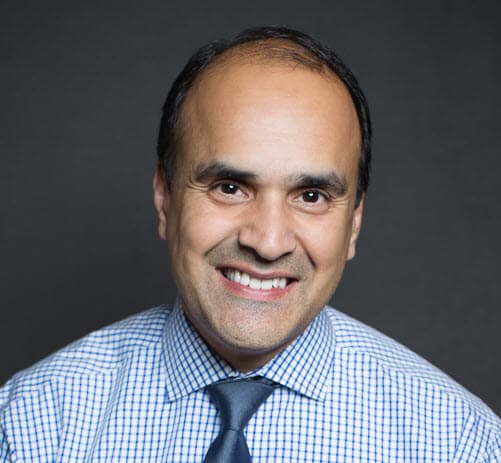
@ShahidNShah

The healthcare sector manages an estimated 90 billing healthcare transactions globally; unfortunately, more than 90 percent are happening via phone, fax, or postal mail.
In order for healthcare organizations to better manage today’s information technology requirements, they require modern tools that are designed to work with legacy infrastructures in a service oriented approach/architecture (SOA) where middleware is able to get information to and from multiple systems and applications that have likely been around for decades.
SOA is not a tool, it’s not a library, and it’s definitely not something you can buy and toss into your stack. If you’d like to get an executive summary of SOA, take a look at my _Enabling the Service Oriented Enterprise – Overcoming the hype, misconceptions, and pitfalls of SOA _PowerPoint presentation.
Even though SOA makes a good deal of sense in the healthcare IT industry, be careful of the hype and existing vendors simply “SOA enabling” their existing software suite. It’s not going to be easy to convert closed legacy healthcare systems into open service oriented applications and databases. Cerner or IDX won’t be able to become “service oriented” by slapping on a label. Epic and Meditech can’t become service oriented given that they couldn’t even make the move to object oriented quickly. Eclipsys and Seimans can’t just put in a messaging system and tell you that they’re now service enabled because they can pass messages between systems.
Before your existing vendors come to you with their SOA message, have them explain to you what they think about SOA, why they think you should care, and why systems that they’ve had around for years are now, suddenly, service oriented. Almost all complex healthcare IT are integration oriented (by utilizing standards such as HL7) but won’t be easily converted to a service oriented quickly or without major changes.

Shahid Shah is an internationally recognized enterprise software guru that specializes in digital health with an emphasis on e-health, EHR/EMR, big data, iOT, data interoperability, med device connectivity, and bioinformatics.
Connecting innovation decision makers to authoritative information, institutions, people and insights.
Medigy accurately delivers healthcare and technology information, news and insight from around the world.
Medigy surfaces the world's best crowdsourced health tech offerings with social interactions and peer reviews.
© 2025 Netspective Media LLC. All Rights Reserved.
Built on Mar 12, 2025 at 5:07am